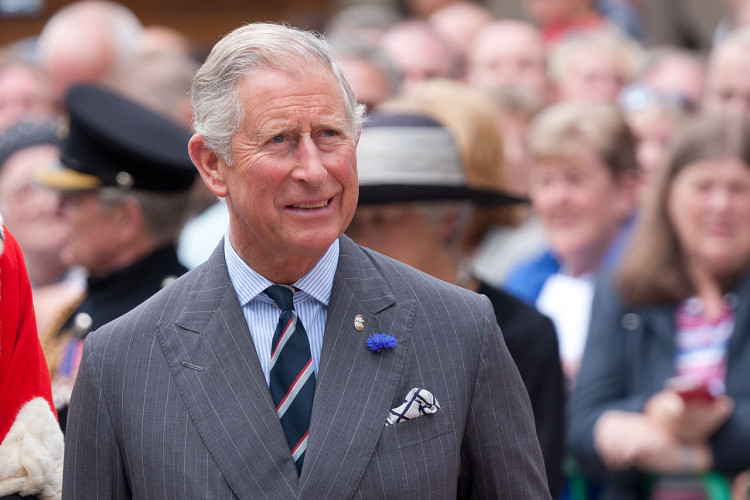Next week, King Charles III will be crowned in an opulent ceremony, and Britain's primary anti-monarchist group, Republic, is organizing its largest protest to date. Founded in 1983, Republic advocates for an elected head of state and sees Charles' ascension as an opportunity to end the monarchy, which has a history spanning over a thousand years.
Graham Smith, the group's leader, views the extravagant Westminster Abbey coronation as a chance to expose the monarchy as an outdated institution, particularly amid the country's worst cost-of-living crisis in decades. Smith anticipates more than a thousand yellow-shirted protesters will join the May 6th event, where speeches will be delivered and placards held aloft.
As the newly crowned king parades by in his gold coach, the protesters plan to boo and chant "not my king." Polls reveal that Charles is less popular than his late mother, Queen Elizabeth, and public support for the monarchy has decreased from 73% in 2012 to 53% today.
Smith believes that the public's reverence for the queen presented an "obstacle" to the republican cause. He told Reuters, "Charles has not inherited the deference, respect, and sycophancy that was enjoyed by the queen, so people are far more willing to challenge him."
While the British monarchy has gradually relinquished power to parliament over time, the king or queen still retains a mostly symbolic role in the country's affairs, including the appointment of prime ministers and the judicial system.
Despite dwindling support and younger generations' decreased interest in the monarchy, the majority of Britons still favor a royal family. Tony Travers, a politics professor at the London School of Economics, explains that past monarchs such as Elizabeth II and Victoria also experienced periods of unpopularity. He adds that making radical changes to Britain's political system is difficult, and there is no consensus on what would replace the monarchy.
King Charles III seeks to create a more cost-effective, slimmed-down monarchy, with the understanding that the royal family's existence relies on public support. On the day of the coronation, protests against the monarchy are also planned in Scotland and Wales, both led by republicans.
Smith predicts that support for the royal family will continue to wane and that a future government will eventually call for a referendum on the issue. He says, "Younger people are moving away from the royal family in their droves. The queen was the monarchy for so many people... Now she is not there, she is no longer there to protect the monarchy."






